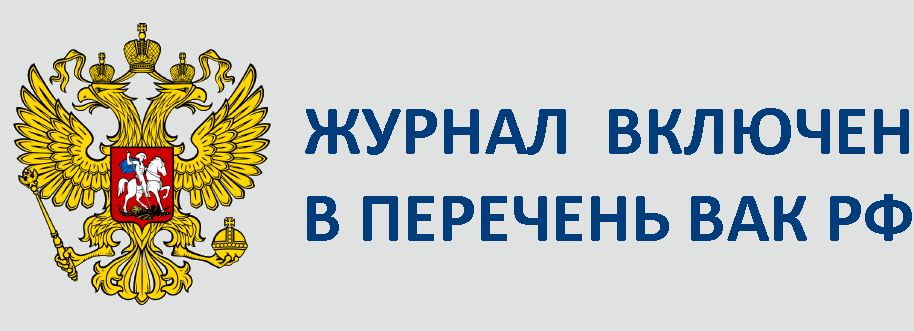№4-2024-04
УДК 355.401
DOI:10.22281/2413-9912-2024-08-04-27-33
Зверев В.О., Цепилов А.Е.
ИСПОЛЬЗОВАНИЕ ПОДРОСТКОВ РОССИЙСКОЙ ИМПЕРИИ В ИНТЕРЕСАХ
ГЕРМАНСКОЙ РАЗВЕДКИ В ГОДЫ ПЕРВОЙ МИРОВОЙ ВОЙНЫ
Благодаря введенным в научный оборот ценным первоисточникам и их объективной интерпретации авторы удостоверились в том, что многие подростки из числа российских подданных были результативными агентами и именно им поручалось решение сложных и разнородных разведывательных задач. К таковым относились – выявление «брешей» или слабоукрепленных оборонительных позиций русских войск на линии фронта, изучение численного состава в передовых частях, их вооружений и настроений, а также фиксация количества и боеготовности кораблей военного флота России в морских гаванях, представляющих военно-стратегический интерес. Обобщение имеющихся уникальных статистических данных по задержанию подростков подвигло к мысли о значительном масштабе вовлеченности в шпионаж подростков и немалой доле их персонифицированного участия в сборе военных сведений о русской обороне на всей протяженности Северо-Западного фронта. Исследуя побуждающие к преступной деятельности факторы (на примере конкретных преступных деяний), авторы статьи пришли к убеждению о доминировании лично-корыстной мотивации или стремления спасти свою жизнь в сознании несовершеннолетних шпионов. Все остальные выявленные нами побудители – игровой, ощущения риска и опасности, «немецкие корни», симпатия к офицеру-вербовщику – играли второстепенную роль. Предпринятые меры по выявлению и удалению из действующих армий подростков-добровольцев в целях предупреждения шпионажа, ощутимого эффекта так и не принесли.
Ключевые слова: подростки-шпионы, добровольцы, линия фронта, русская армия, немецкая разведка, контрразведка.
Zverev V.O., Tsepilov A.E.
THE USE OF TEENAGERS OF THE RUSSIAN EMPIRE IN THE INTERESTS OF GERMAN
INTELLIGENCE DURING THE FIRST WORLD WAR
Thanks to the valuable primary sources introduced into scientific circulation, the authors made sure that many teenagers from among Russian subjects were effective agents and it was they who were entrusted with solving complex and diverse intelligence tasks. These included the identification of “gaps” or weakly fortified defensive positions of the Russian troops on the front line, the study of the strength of the forward units, their weapons and moods, as well as fixing the number and combat readiness of the ships of the Russian navy in sea harbors of military strategic interest. A generalization of the available unique statistical data on the detention of adolescents prompted the idea of a significant scale of involvement in espionage of adolescents and a considerable share of their personified participation in the collection of military information about the Russian defense along the entire length of the North-Western Front. Exploring the factors that encourage criminal activity (on the example of specific criminal acts), the authors of the article came to the conclusion about the dominance of personal selfish motivation or the desire to save one’s life in the minds of underage spies. All the other motivators that we identified – playfulness, feelings of risk and danger, “German roots,” sympathy for the recruiting officer – played a secondary role. The measures taken to identify and remove teenage volunteers from the active armies in order to prevent espionage did not bring a tangible effect.
Keywords: teenage spies, volunteers, front line, Russian army, German intelligence, counterintelligence.
Омская академия МВД России (Россия)
Omsk Academy of the Ministry of Internal Affairs of Russia (Russia),
Download (pdf)
Это произведение доступно по лицензии Creative Commons «Attribution-ShareAlike» («Атрибуция — На тех же условиях») 4.0






